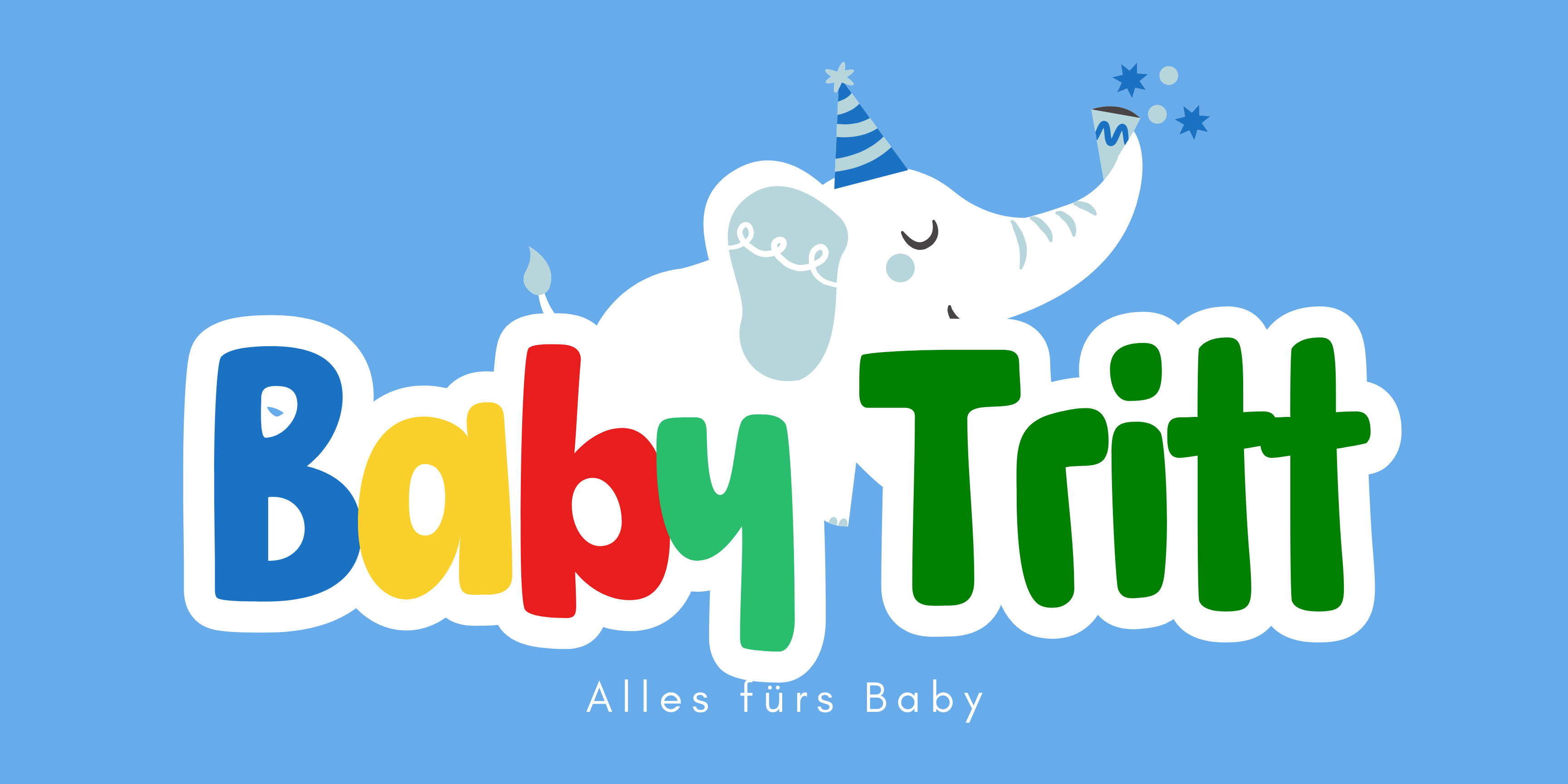Strong self-confidence is key to a child's healthy development. Children who believe in themselves face challenges with courage, learn from their mistakes, and develop a positive self-image. Parents can do a lot to boost their children's self-confidence – and this is often achieved through simple, everyday habits. In this article, you'll find practical tips on how to specifically foster your child's self-confidence in everyday life.
1. Transfer responsibility and promote independence
Children thrive when they feel they can make a difference. By giving your child age-appropriate household chores, you show them that they can make an important contribution. This could be tidying up toys, setting the table, or watering the plants.
Tip from Babytritt:
Products like learning towers or step stools give your child the security and stability they need to take on everyday tasks independently. This allows them to help in the kitchen, for example, and master their first tasks in a playful way.
2. Encouragement instead of criticism: The right communication
Children learn by trying things out and making mistakes along the way—and that's completely normal! Instead of focusing on mistakes, praise the effort and courage to try. Phrases like "I'm proud of you" or "You did a great job" build self-confidence. Mistakes should always be presented as learning opportunities. This way, children develop a positive attitude toward learning and dare to try new things.
3. Create a sense of achievement: Small challenges in everyday life
Self-confidence grows when children feel they can overcome challenges. Set small, achievable goals for your child and celebrate their successes together. A simple example: A child could try to put on their shoes or organize the toy shelf on their own.
How baby kicking helps:
With a sturdy step stool from Babytritt, children can reach the sink or higher shelves independently. This not only gives them more freedom of movement but also the feeling of being able to reach things independently.
4. Allow mistakes and talk about successes
It's important for children to learn that mistakes are part of life and an opportunity for growth. Discuss successes together and encourage your child to talk about their feelings. This not only strengthens self-awareness but also helps them face challenges head-on.
Mistakes as opportunities:
Instead of immediately correcting, let your child find solutions on their own and encourage them to try new approaches. This process teaches them resilience and patience.
5. Build positive routines and be role models
Children learn a lot through observation. By approaching everyday life confidently and positively, your child will adopt this behavior. Show through your own actions how to deal with challenges and maintain a positive attitude. Routines like eating breakfast together or reading aloud in the evening convey security and reliability.
Products that support your child: Learning towers and step stools from Babytritt
Supporting independence is an important step on the path to greater self-confidence. With the Babytritt learning tower and step stool, your child has the opportunity to master many everyday tasks independently. This allows them to help at eye level, for example, in the kitchen or setting the table. This not only strengthens physical dexterity but also confidence in their own abilities.
FAQs: Frequently asked questions about promoting self-confidence in children
1. At what age can I let my child take on small tasks?
Children as young as 18 months can help with simple tasks. The older the child, the more complex the tasks can become.
2. How do I deal with my child's mistakes?
Treat mistakes as learning opportunities. Praise efforts and provide positive feedback to boost self-confidence.
3. Which products support my child in everyday life?
The baby step learning tower and step stool are ideal for providing your child with a stable, safe base for independent learning.
4. What should I do if my child doesn’t have confidence?
Take small steps and assign tasks that the child can confidently complete. Praise them for their effort to build their confidence.
5. How often should I praise my child?
Praise authentically and specifically. Make sure to acknowledge the effort, not just the results.
Conclusion: Strengthen self-confidence in everyday life
Self-confidence develops in small steps – and parents play a central role in this. By trusting your child, giving them responsibility, and supporting them through challenges, you create a secure foundation for personal development. With Babytritt's learning towers and step stools, children can help safely and independently, which builds their self-confidence and brings joy to everyday life.
Visit Babytritt.com and discover our selection of products specially designed to help children safely and confidently navigate their everyday lives.



